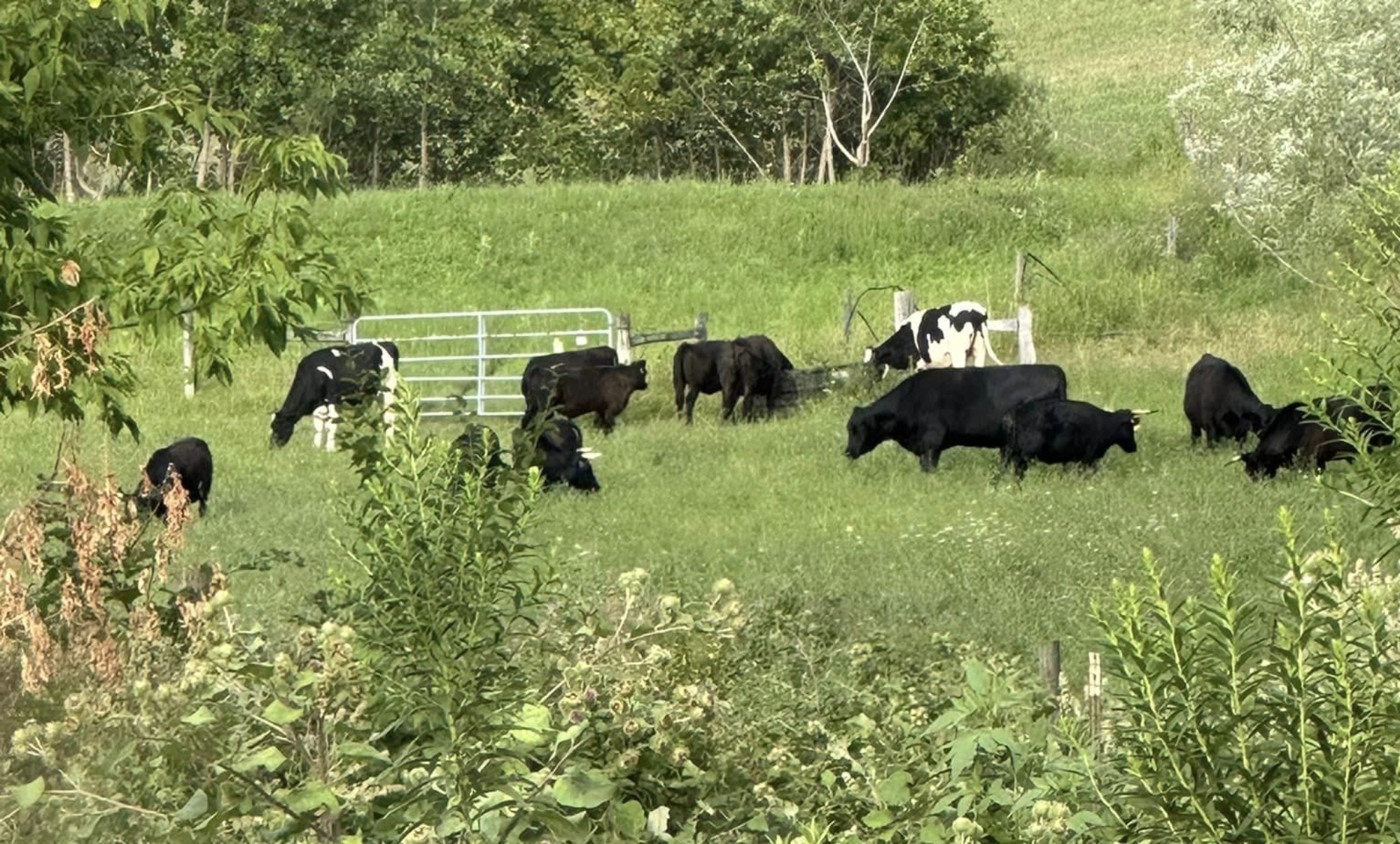While reviewing his news sources recently, The Farmer saw a reference to a comparison of fertilizers on soil health.
In a study that spanned more than a decade, researchers at the University of Wisconsin-Madison used varying levels of manure on one field and varying levels of inorganic fertilizers on another. Yet another plot received no amendments, acting as the control.

Soil samples were taken in 2015 to assess how the soil fared with the different protocols used. And in September of this year the results were published by the American Society of Agronomy (ASA). The executive summary states:
Core Ideas:
*Long-term annual application of manure maintained the soil pH but inorganic fertilizer decreased it.
*Manure application increased soil organic carbon (SOC) and total nitrogen (TN).
*Higher manure rate helps in improving the water stable aggregates compared to inorganic fertilizer at 0- to 10-cm depth.

There was also a warning that higher electrical conductivity readings in the manure-fertilized fields could indicate salt levels being too high. But since The Farmer is not a member of the ASA, he cannot get the report details to read the specifics.
As someone whose farm includes animals, and whose animals provide much of the fertility for garden, this is a heartening study.
This post’s bottom line: using what comes out of your animal’s bottom will help your farm’s bottom line…or, the power of poo keeps your soil from bottoming out.

